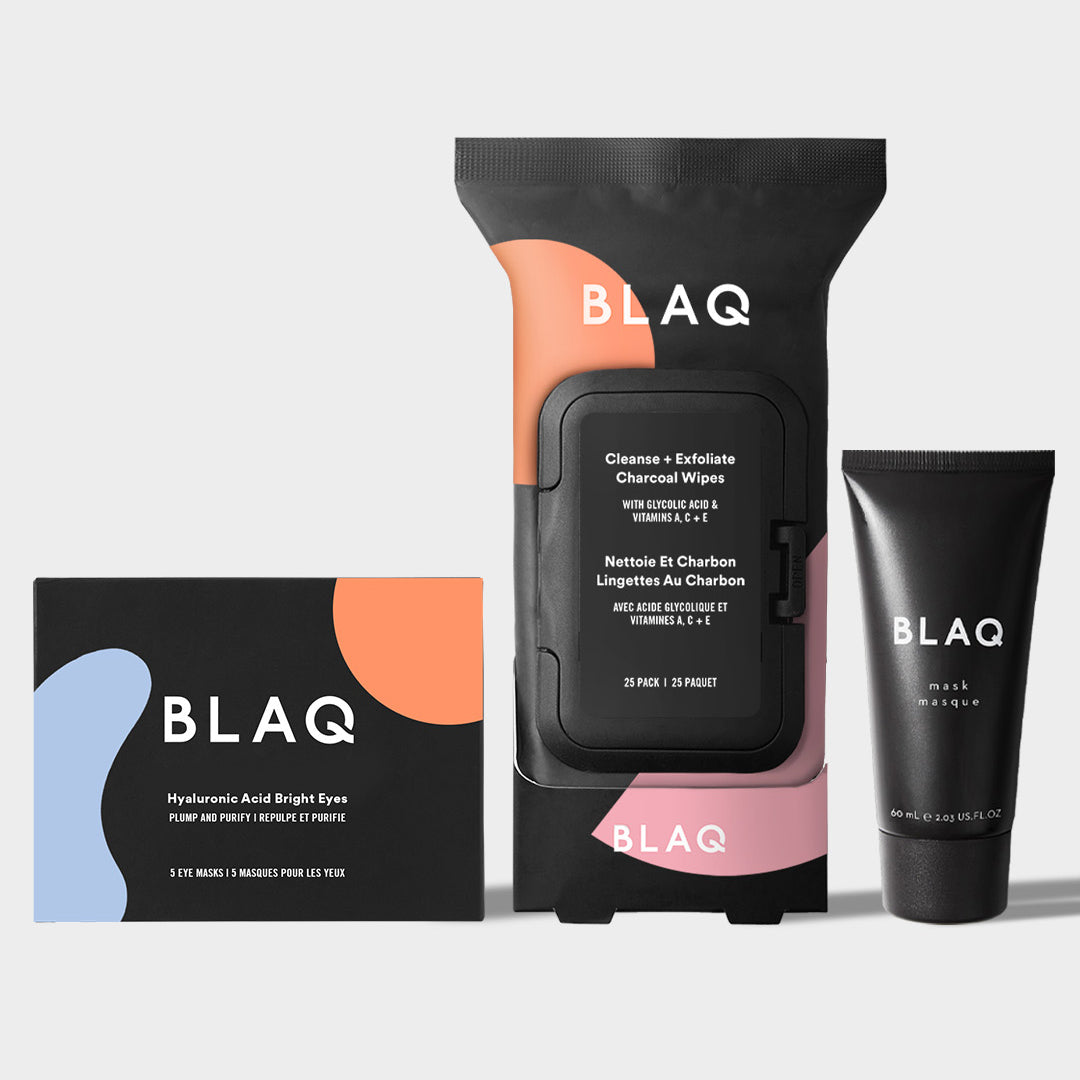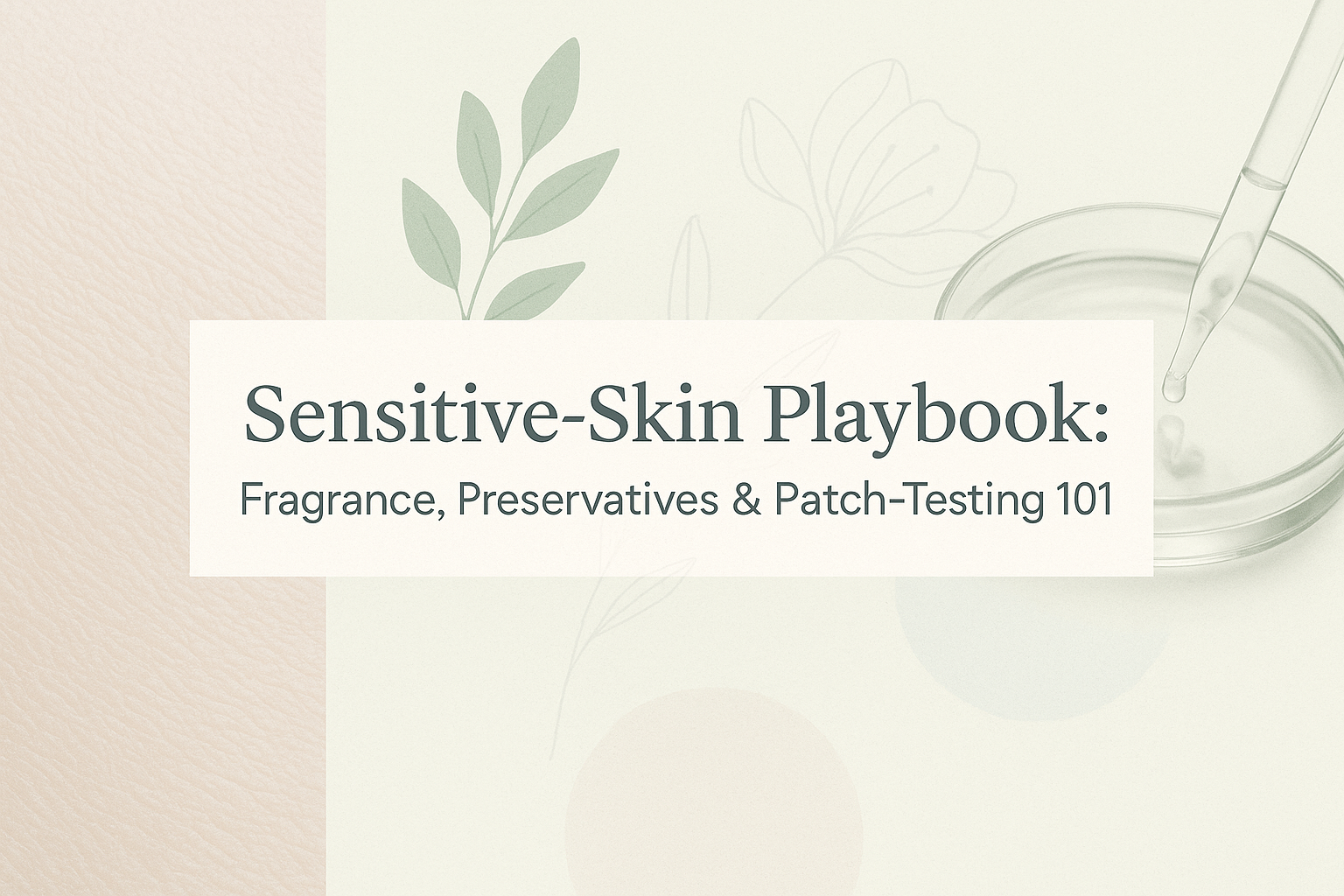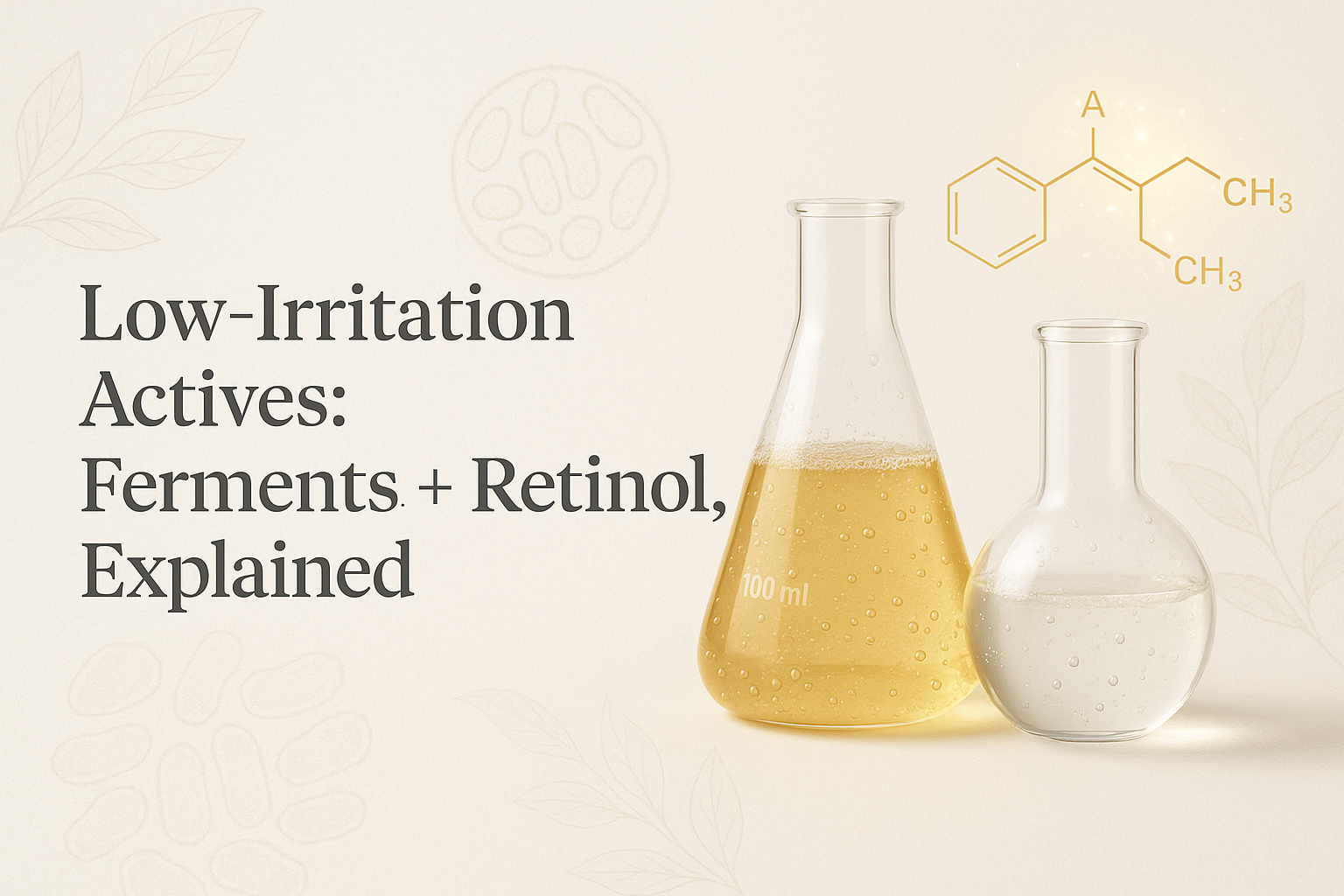In today's digital world, artificial intelligence (AI) is everywhere, influencing how we interact online, from what we see on social media to the ads we're shown. But as AI becomes more ingrained in our lives, it's raising questions about its role in promoting toxic behaviors. Let's dive into how AI influences toxicity, why it matters, and what we can do about it.
The Many Faces of Toxicity
Toxic behaviors online cover a wide range of harmful actions, like cyberbullying, spreading hate, and sharing misinformation. While people are behind these behaviors, AI algorithms can make them worse.
Boosting the Bad Stuff
AI algorithms on social media and other platforms decide what content we see. They're programmed to show us things we'll like or engage with, which can mean more extreme or controversial content. This can lead to echo chambers, where we only see stuff that confirms what we already believe, making us more divided as a society.
Living in a Bubble
These echo chambers are like digital bubbles. They reinforce our existing beliefs and make us less open to different opinions. AI algorithms play a big part in keeping us in these bubbles by showing us more of what we already agree with.
What We Can Do?
To tackle the toxicity AI can fuel, we need to take action:
-
Ask Social media platforms to make algorithms clear: Platforms should be transparent about how their algorithms work so users understand why they see certain content. Be active on your social media and public raise your concerns about transparency
-
Push for Better Content Control: AI needs to get better at spotting and stopping toxic behavior online, without accidentally censoring harmless stuff. Asking questions of your local political representative about your concerns will help curb the ever growing power of tech companies influencing our daily lives for their benefit.
-
Teach Critical Thinking: We all need to get better at spotting misinformation and thinking critically about what we see online. If you spot something that you don't think is right call it out to others.
-
Encourage Tech Companies to Build Ethical AI: AI developers and policymakers need to make sure their tech is fair, transparent, and accountable. Your voice is important in bringing about change. Don't let apathy be used as a weapon against you
In Conclusion
AI isn't inherently bad, but it can make toxic behavior online worse. By being more transparent about algorithms, improving content control, teaching critical thinking skills, and building ethical AI, we can make the internet a safer and more welcoming place for everyone. It's up to all of us to use AI responsibly and make sure it's working for the good of society.








